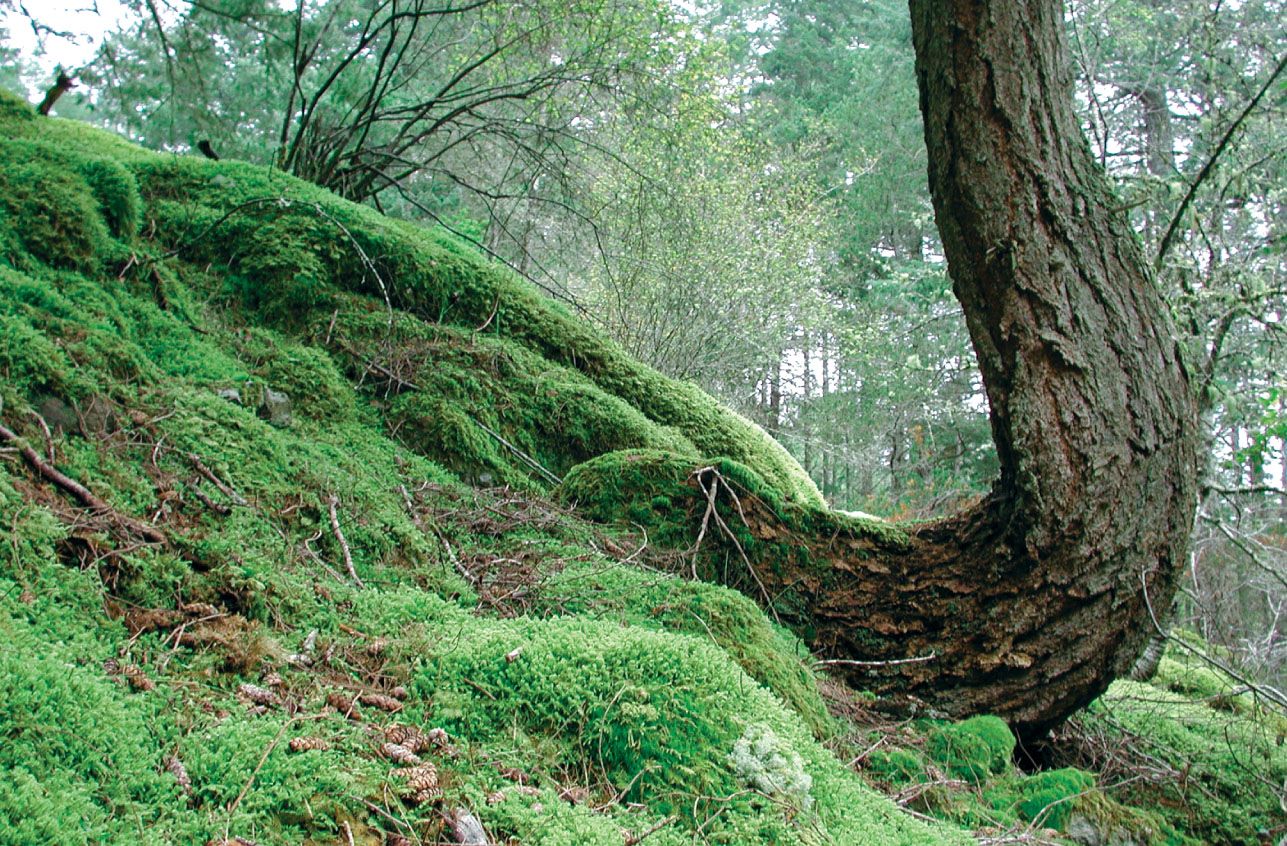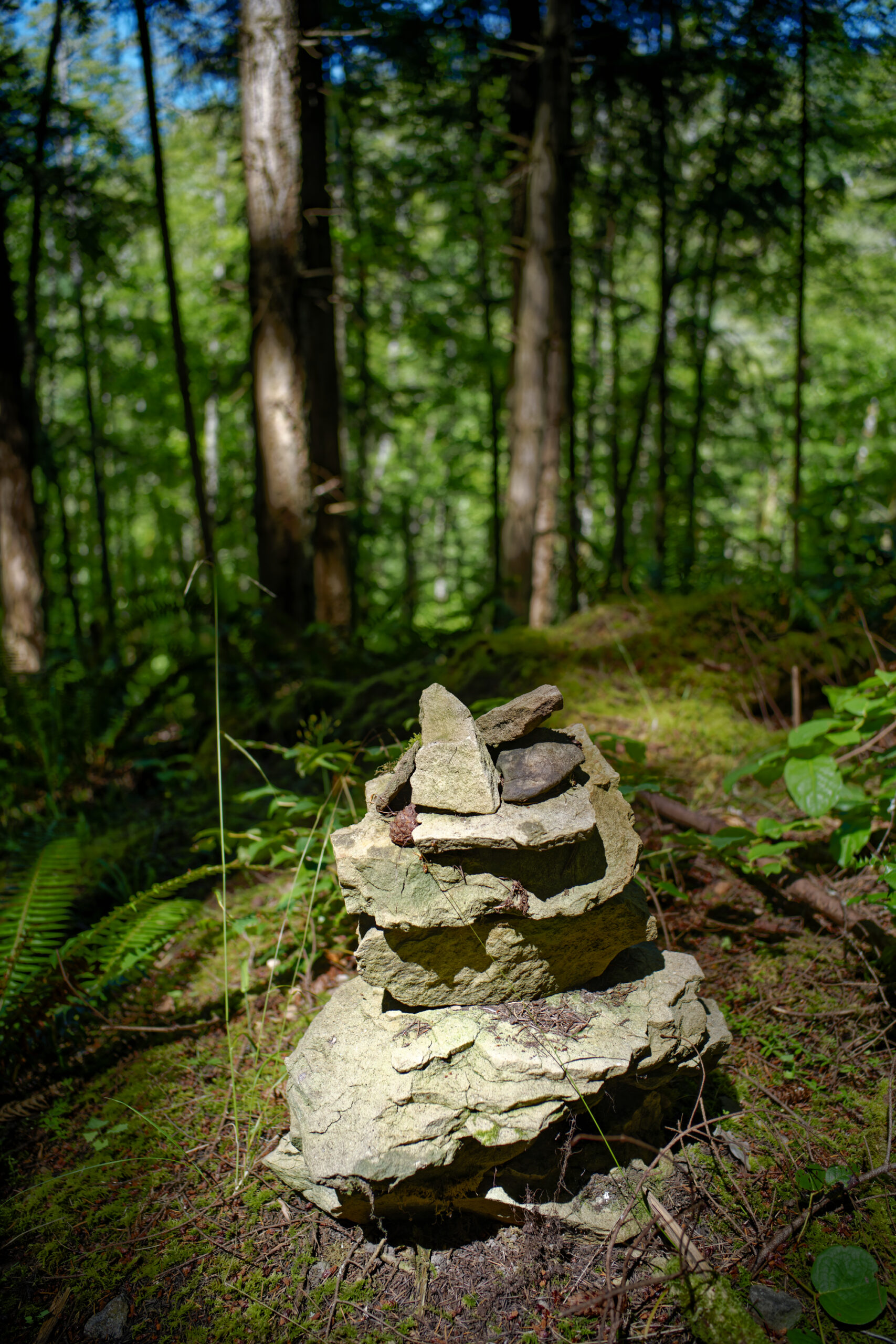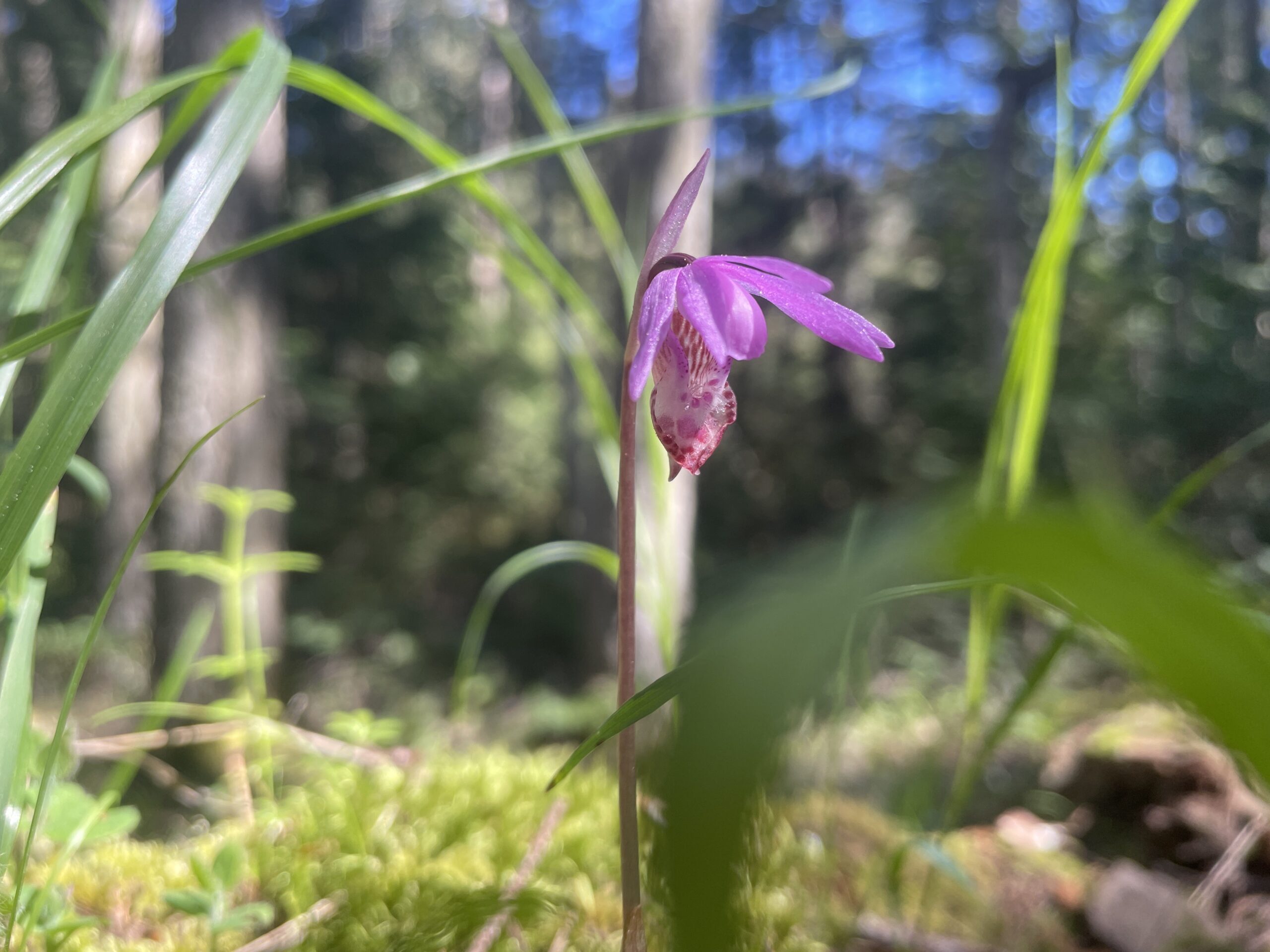When you give non-ecological assets to the Galiano Conservancy, the fair market value of the gift will be determined, the gift sold, and the funds used by the Conservancy for its programs. Note that gifts of ecological land will be considered differently and may be eligible for additional tax advantages through the Ecological Gifts program (details below).

With an outright land donation, you agree to gift your property to the Galiano Conservancy Association. In return for your donation, you will receive a tax receipt for the appraised value of the land. If your property has ecological value, you may be able to increase this tax benefit under the Ecological Gifts Program (see below for more information about this program).
By donating a life estate to the Galiano Conservancy Association, you (and perhaps your heirs) retain the right to remain on your property for the remainder of your lives. Once you are no longer living on the property, it will transfer to the GCA. Usually, a life estate involves certain restrictions on your use of the property.
To find out more about land donations, please contact your financial advisor and Martine Paulin, our Development Coordinator, at development@galianoconservancy.ca.

Tax time is as inevitable as the coming of spring. Most Canadians have more control over how their tax dollars are deployed than they might think. A planned gift such as a land donation can help you realize valuable tax savings and benefits. These donations allow you to:
Typically, donations of land that do not qualify as Ecological Gifts benefit from a 50% exemption from capital gains tax. Ecological Gifts are in a separate category and provide additional benefits – see details below. Always consult with a tax specialist or financial advisor for more information about gifts of land or assets.

The Gulf Islands are defined by their extraordinary natural beauty and biodiversity, and by sensitive ecosystems at great risk of development. We all understand the urgent need to be good stewards and protectors of these precious lands.
The Government of Canada partners in these efforts to protect properties with ecologically sensitive features that make a significant contribution to conserving biodiversity and our environmental heritage through its Ecological Gifts Program (EGP).
The Galiano Conservancy Association acquires and protects lands and properties that have significant ecological, historical, cultural, scientific, recreational, or scenic values. Some of the different types of property that the GCA has protected include wetlands, meadows, old-growth forests and recreational trails.
Ecological gifts are donated to an eligible recipient approved by Environment and Climate Change Canada, like the Galiano Conservancy. With your help, we ensure that the biodiversity and environmental heritage features of the gift are maintained and managed in perpetuity.

For most people donating ecological gifts, interest in conservation outweighs financial motivations. For many land donors, the greatest satisfaction comes from knowing that their property will be protected in perpetuity. On the other hand, benefits offered by the Income Tax Act can provide an additional incentive for those who choose to donate through the Ecological Gifts Program, as well as offering assistance to those otherwise unable to afford to make a donation.
For landowners who wish to donate their land or an interest in their land (by establishing a covenant) to a land trust, the Ecological Gifts program helps increase the tax benefits that can result from such a donation.
Unlike most other charitable gifts, there is no capital gain tax on ecological gifts and no limit on the total value of ecological gifts eligible for deduction or credit in a single year.
To be considered ecologically sensitive, a property must either currently contribute or have the potential to contribute to Canada’s biodiversity or environmental heritage. In addition, properties with proper restoration plans may also be considered

If you are thinking of making an Ecological Gift, you should seek independent tax and legal advice before doing so. Inquiries about the program may be directed to the program coordinator for BC: David.Cunnington@canada.ca | office: 604-350-1987 cell: 604-329-7716 | Government of Canada Eco Gifts website

If you wish to sell your land directly to the GCA you will need to determine how much money you wish to receive from the sale of your land. The best way to do this is through a certified appraiser who can determine the fair market value of your land. Because resources are limited, properties with key values are usually chosen by the GCA for outright purchase.
You may wish to sell your land to the GCA, but you may not want or need to receive full market value for your land. With a bargain sale (also called a Split Receipt), you can arrange to sell your land to the GCA at a price that is lower than its full market value. If your sale price is less than 80% of the appraised value, you can receive a tax receipt for the difference.
Once you have decided to transfer your land, a Memorandum of Understanding will be drafted. This document will outline the sale or gifting process and the next steps that need to be taken. We advise you to consult a financial advisor for all land sales or donations to the GCA.
